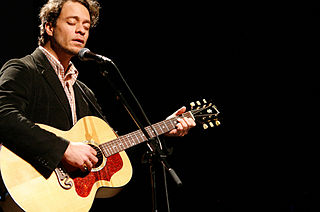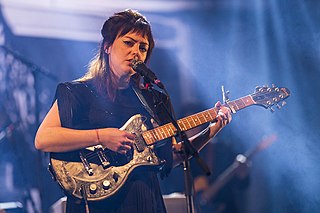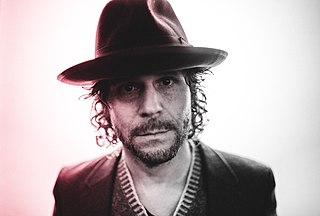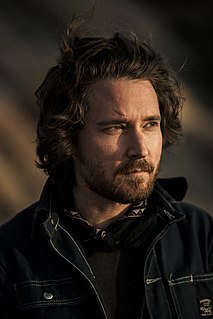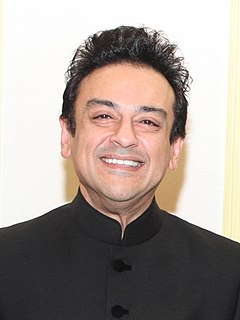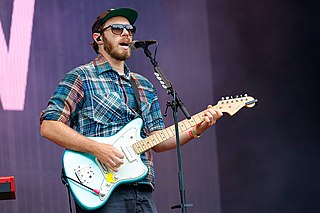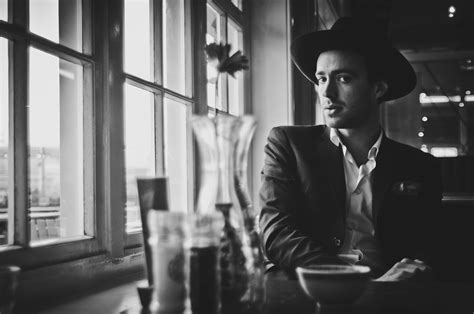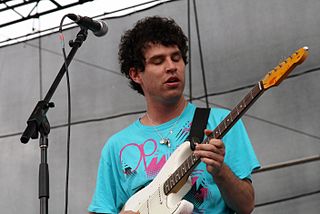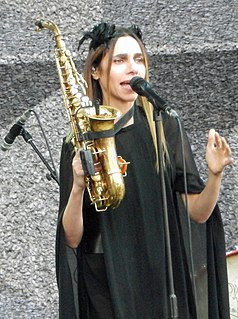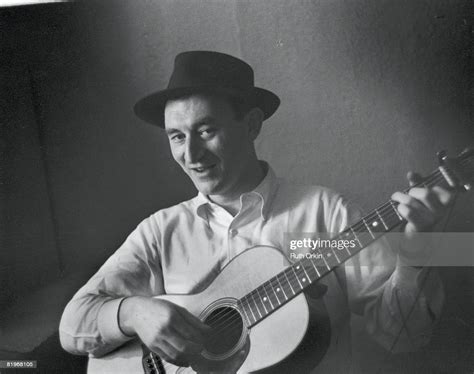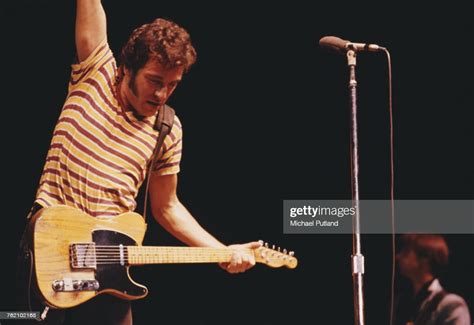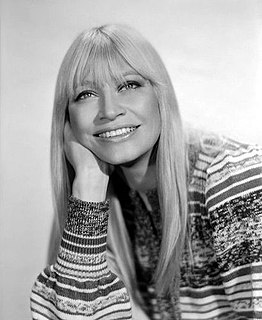A Quote by Amos Lee
I don't really know what 'folk music' means anymore.
Related Quotes
I think there's a difference between the type of folk music that people put into the box of "folk music" and then there's the kind of folk music that I aspire to and am in awe of, and that is the kind of folk music where it's very limited tools - in most cases a guitar, in a self-taught style that is idiosyncratic and particular to that musician.
My music doesn't really sound like punk music, it's acoustic. And it doesn't really sound like folk music 'cause I'm thrashing too hard and emoting a little too much for the sort of introspective, respectful, sort-of folk genre thing. I'm really into punk and folk as music that comes out of communities and is very genuine and very immediate and not commercial.
I think what makes the Byrds stand up all these years is the basis in folk music. Folk music, being a timeless art form, is the foundation of the Byrds. We were all from a folk background. We considered ourselves folk singers even when we strapped on electric instruments and dabbled in different things.
When I was young I wanted to make films and then I got into folk music when I was about 12, and started going to this folk club in Auckland. My dad [Barry Andrews] was in punk and post-punk bands, so I guess it was a side of music I hadn't really listened to before - the really narrative form of songwriting.
It's weird, in New York, it's like the big theme of everything is folk music and interacting with people. Maryland is where the landscape of our music comes from, it was more like, let's walk around. People are saying that we are part of some sort of folk scene. We don't feel connected with it. We do live in the city, and communicate with people. It's all folk music.
